Explore ‘The Histories’ by Herodotus: an open enquiry
Sometime in the middle of the 5th century BC, Herodotus, a Greek, living in a city called Halicarnassus (modern-day Bodrum, Turkey) set out to explain the origins of the Great War from a generation before. This war was waged between his peoples, the Greeks, and the Persians.
In the resulting work, ‘The Histories’, Herodotus explores the world of his own time, offering a narrative discourse that reflects on conflicts in the past that had given rise to its present organisation. He remarks on noteworthy deeds of Greek and non-Greek people, placing his narrative in the context of towns and cities that had risen and fallen. In ‘The Histories’, Herodotus is carrying out one of the earliest known ethnographic descriptions, as well as historical enquiry.
‘Publishing’ in this period did not just involve the production of a written text, but the reading of that text out loud before an audience, and it’s claimed ‘the Histories’ were read aloud, in full, at the Olympic Games. Herodotus is described by some as the 'Father of History', but his fantastic stories have also given rise to the name 'Father of Lies'.
For generations, ancient historians have been grappling with the challenge of sorting out the ‘truth’ of Herodotus’ stories. By exploring this Herodotus OpenLearn Collection, we can all join that grand tradition, and become research historians.
Our word for ‘history’ comes from the Greek word historia (or historiê in some dialects), meaning ‘enquiry’, which Herodotus uses right at the beginning of his narrative. In these activities, we try to show that history is really a matter of ‘open enquiry’. If you want to really understand the past, you have to research it, not just take someone’s word for it.
Herodotus structures his account as discourse: this group said this, the other group said that, I for one cannot say for sure . . . In this way, he reproduces the ‘enquiry’ effect, with the result that to be a reader of Herodotus is to become an historian. Find out how by following the links in the menu below.
The Hestia Project
The Hestia project brings this enquiry into the 21st century medium of digital technologies.
Browse the project team’s objectives and watch a short video clip from the academic lead, Dr. Elton Barker, before embarking on your own exploration and enquiry via our OpenLearn Collection, the Hestia map and selected links to external sources on the Internet.
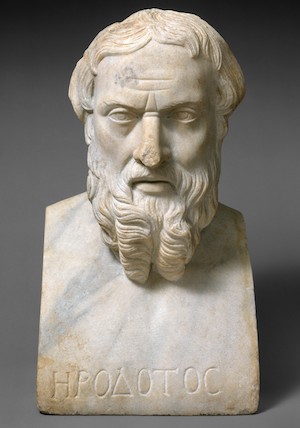
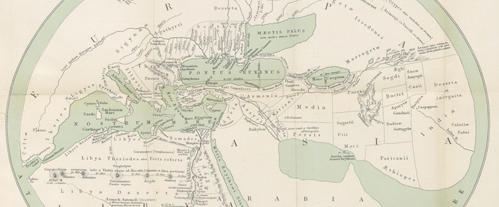
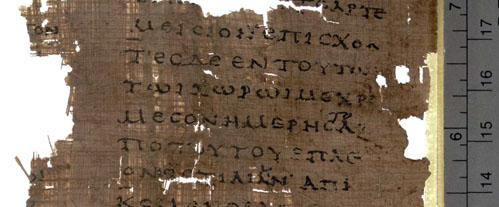
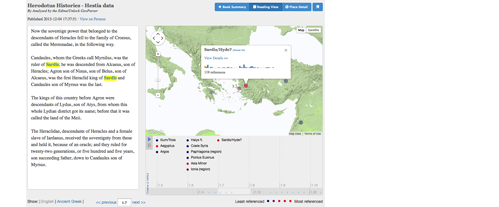
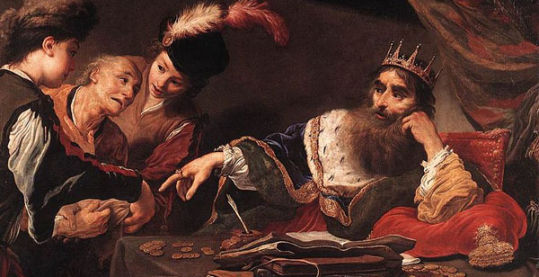
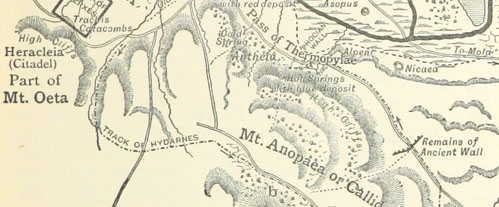
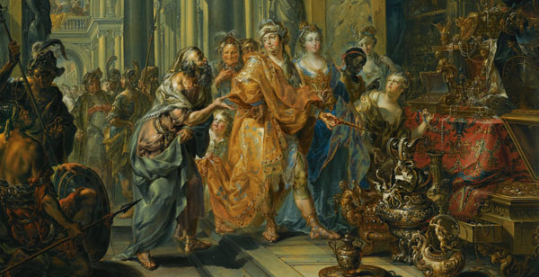
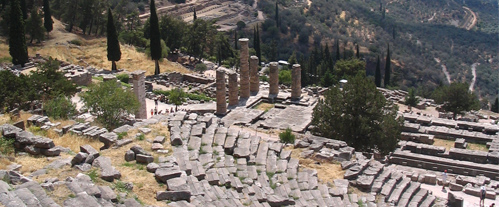
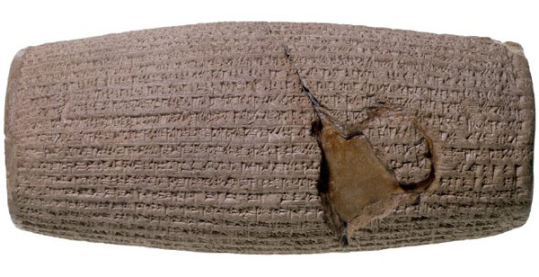
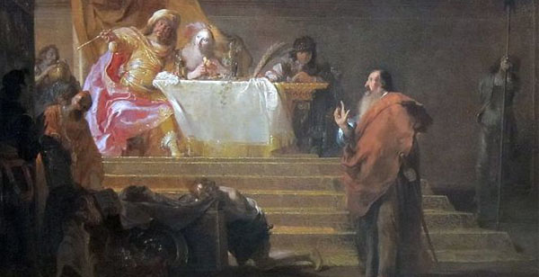
Rate and Review
Rate this activity
Review this activity
Log into OpenLearn to leave reviews and join in the conversation.
Activity reviews